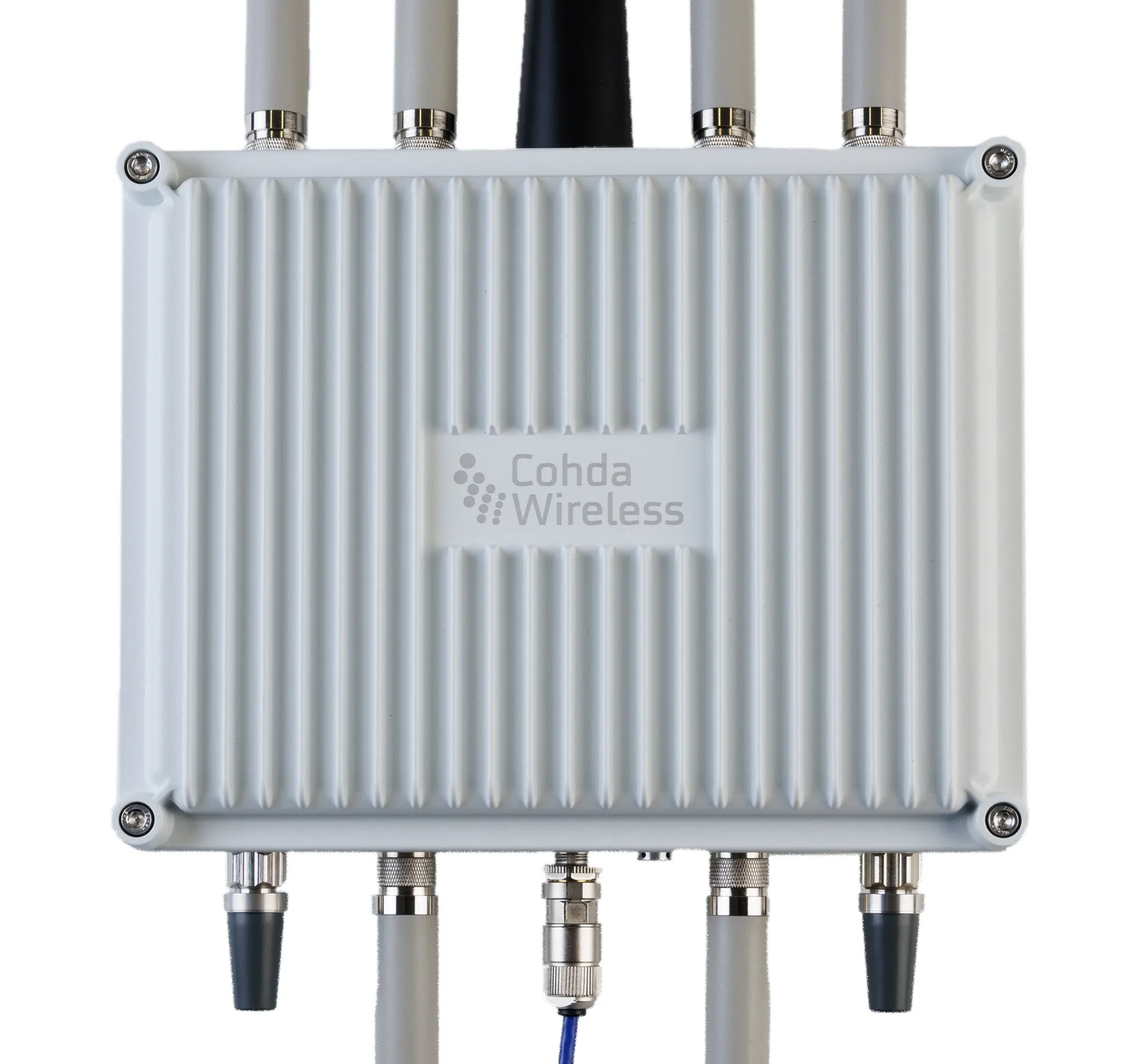Switzerland-headquartered U-blox has announced the acquisition of UK-headquartered 4M Wireless, a company that designs and develops leading software and test solutions that are crucial for developing fourth generation (4G) mobile wireless devices based on the latest Long Term Evolution (LTE) standards. The acquisition will give U-blox ownership of advanced protocol stacks that are licensed to chipset vendors whose products enable 4G user equipment for applications with needs for high speed data connectivity
April 24, 2012
Read time: 2 mins
Switzerland-headquartered 602 U-Blox has announced the acquisition of UK-headquartered 5197 4M Wireless, a company that designs and develops leading software and test solutions that are crucial for developing fourth generation (4G) mobile wireless devices based on the latest Long Term Evolution (LTE) standards. The acquisition will give U-blox ownership of advanced protocol stacks that are licensed to chipset vendors whose products enable 4G user equipment for applications with needs for high speed data connectivity such as smartphones, tablet computers, notebooks and any other high-speed wireless modems. Also a variant of the products is licensed to manufacturers of 4G test equipment.
4M Wireless was founded in 2006 and has headquarters in the UK and operations in Lahore, Pakistan’s centre for technology and higher education. The company has been profitable over the past three years.
“4M Wireless adds leading edge know-how in the area of next-generation wireless technology that will operate over 4G networks worldwide” said Thomas Seiler, CEO of U-blox. “Their proven software and test solutions and impressive customer list also brings U-blox immediate new licensing revenues in Europe, Asia and America.”
4M Wireless was founded in 2006 and has headquarters in the UK and operations in Lahore, Pakistan’s centre for technology and higher education. The company has been profitable over the past three years.
“4M Wireless adds leading edge know-how in the area of next-generation wireless technology that will operate over 4G networks worldwide” said Thomas Seiler, CEO of U-blox. “Their proven software and test solutions and impressive customer list also brings U-blox immediate new licensing revenues in Europe, Asia and America.”









